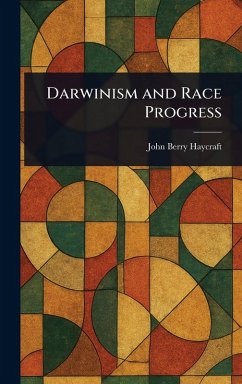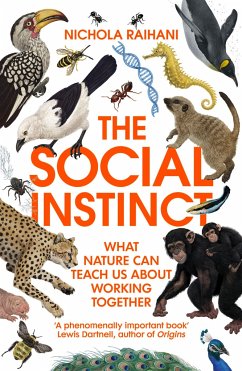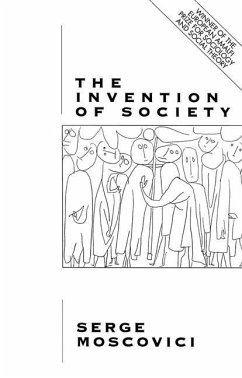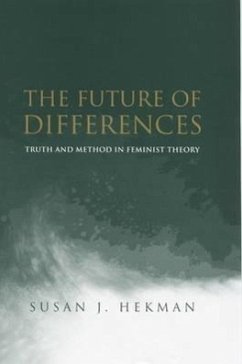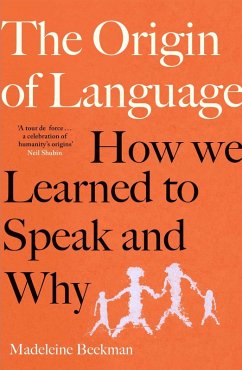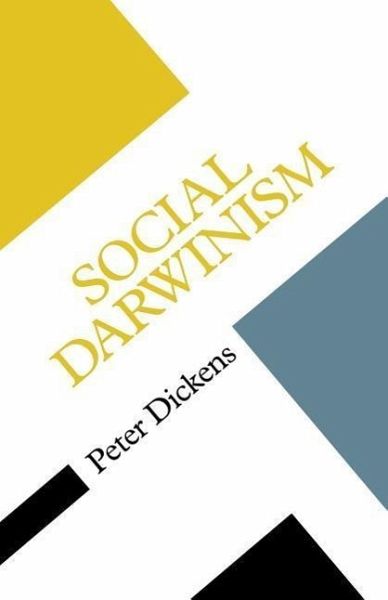
Social Darwinism
Versandkostenfrei!
Versandfertig in über 4 Wochen
32,99 €
inkl. MwSt.

PAYBACK Punkte
16 °P sammeln!
What is the value of evolutionary thought to social theory - and vice-versa?How has human nature evolved and is it realized or constrained by modern society?Are there parallels between social evolution and evolution in the natural world?Social Darwinism is the extension of Darwin's evolutionary ideas to human society. Over the past two centuries it has been argued that the 'fittest' in terms of physical and mental prowess are most likely to survive and reproduce. It has also been suggested that the increasingly complex structure of human society mirrors the increasing complexity of nature. Thi...
What is the value of evolutionary thought to social theory - and vice-versa?
How has human nature evolved and is it realized or constrained by modern society?
Are there parallels between social evolution and evolution in the natural world?
Social Darwinism is the extension of Darwin's evolutionary ideas to human society. Over the past two centuries it has been argued that the 'fittest' in terms of physical and mental prowess are most likely to survive and reproduce. It has also been suggested that the increasingly complex structure of human society mirrors the increasing complexity of nature. This highly original text examines whether these extensions from nature to society are justified, and considers how dangerous they may be in implying the systematic neglect - or even destruction - of the least 'fit'. It asks what, in any case, is 'fitness' as applied to human beings? It also questions whether human nature is constrained by modern society and whether people evolved as essentially competitive or collaborative. Written in a clear and accessible style, with text boxes to explain key ideas and little or no biological knowledge required of the reader, this book suggests a new way in which evolutionary thought and social theory can be combined. Dickens argues that the difficulties and prejudices associated with the field can be avoided by combining historical materialism with aspects of contemporary biology to create a 'Social Darwinism' for the twenty-first century.
How has human nature evolved and is it realized or constrained by modern society?
Are there parallels between social evolution and evolution in the natural world?
Social Darwinism is the extension of Darwin's evolutionary ideas to human society. Over the past two centuries it has been argued that the 'fittest' in terms of physical and mental prowess are most likely to survive and reproduce. It has also been suggested that the increasingly complex structure of human society mirrors the increasing complexity of nature. This highly original text examines whether these extensions from nature to society are justified, and considers how dangerous they may be in implying the systematic neglect - or even destruction - of the least 'fit'. It asks what, in any case, is 'fitness' as applied to human beings? It also questions whether human nature is constrained by modern society and whether people evolved as essentially competitive or collaborative. Written in a clear and accessible style, with text boxes to explain key ideas and little or no biological knowledge required of the reader, this book suggests a new way in which evolutionary thought and social theory can be combined. Dickens argues that the difficulties and prejudices associated with the field can be avoided by combining historical materialism with aspects of contemporary biology to create a 'Social Darwinism' for the twenty-first century.



